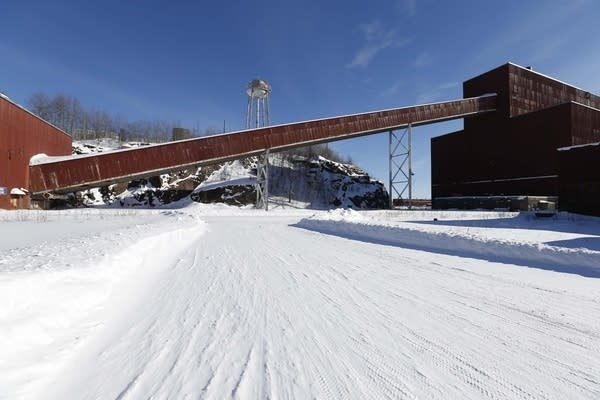DFL copper mining feud spills into public view

This February 2016 file photo shows a closed taconite plant near Hoyt Lakes, Minn., which could become a copper-nickel mine, a project that's splitting state DFLers.
Jim Mone | AP file
Go Deeper.
Create an account or log in to save stories.
Like this?
Thanks for liking this story! We have added it to a list of your favorite stories.


